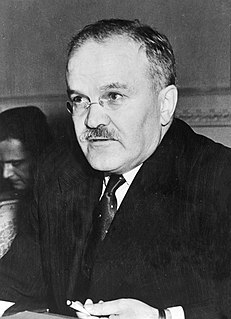A Quote by Matthew Desmond
Eviction riots erupted during the Depression, though the number of poor families who faced eviction each year was a fraction of what it is today.
Related Quotes
Who can think that this eviction of Germans was undertaken only as a temporary experiment? Those who adopted the decision on the eviction of the Germans from these territories, and who understood that Poles from other Polish districts would at once move into these territories, cannot suggest after a while to carry out reverse measures. The very idea of involving millions of people in such experiments is unbelievable, quite apart from the cruelty of it, both towards the Poles and the Germans themselves.


























